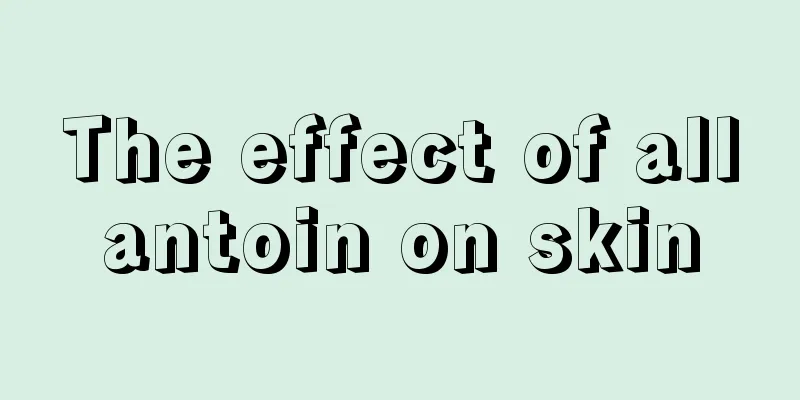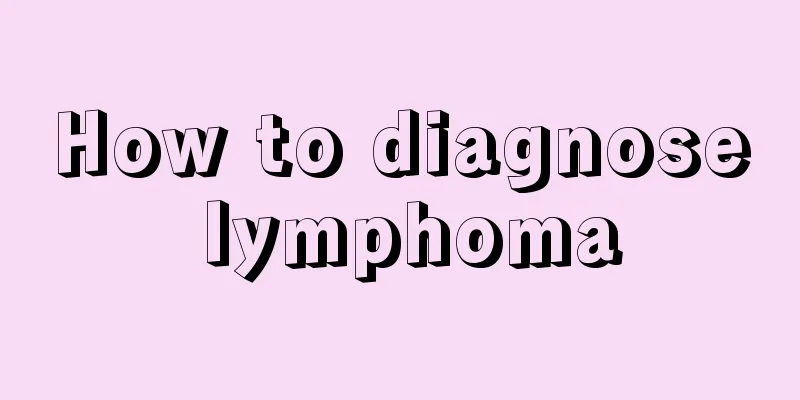The effect of allantoin on skin

|
Skin is the largest organ tissue in the human body. It can help us resist external damage, keep our body warm, and keep our body temperature at a normal level. We need to protect our skin, but it is undeniable that some diseases can harm our skin. For example, herpes can cause many small red bumps or blisters on our skin. So, what effect does allantoin have on our skin? Allantoin is an imidazole heterocyclic compound, a derivative of uric acid, and a natural component of human skin. Uric acid, as an antioxidant, reacts with free radicals to produce allantoin. In 1912, Mocllster extracted allantoin from the underground stems of Boraginaceae plants. Allantoin can promote cell tissue growth, metabolism, and soften stratum corneum protein. These properties are particularly evident when allantoin is applied to ulcerated and suppurated skin, so it has the ability to accelerate wound healing and is a good active agent for treating skin injuries. Allantoin was once called an anti-irritant, which can effectively reduce the stimulation of irritants; at the same time, it is also an antioxidant. Like some other water-soluble vitamins, its ability to gather free radicals is similar to that of vitamin C, so it can enhance the antioxidant capacity of cells. Therefore, the U.S. Food and Drug Administration (FDA) classifies it as a Class I highly effective active ingredient skin care agent that is non-toxic, non-irritating, and non-allergenic. The role of allantoin in cosmetics 1. Moisturizing and repairing effect Allantoin has a very good moisturizing effect, especially for chapped and rough skin, it can restore its smoothness and moisture. At the same time, it can enhance the water absorption capacity of the outermost layer of skin and hair, improve the hydrophilicity of keratin molecules, repair the damaged stratum corneum, and restore its natural water absorption capacity. 2. Moisturizing effect Allantoin not only promotes the water absorption capacity of the outermost layer of skin and hair and reduces the evaporation of skin moisture, but also forms a lubricating film on the skin surface to seal in moisture, thereby achieving the effect of moisturizing the skin. 3. Softening cuticle effect Allantoin has a unique keratin-dissolving property, so it has the effect of softening keratin. While stripping off metabolic waste keratin, it fills the intercellular spaces with water to make the skin moisturized and shiny. 4. Anti-inflammatory and antioxidant effects Since allantoin is an amphoteric compound that can combine with a variety of substances to form complex salts, it has the effects of light protection, bactericidal preservation, analgesic and antioxidant. It is widely used as an additive in freckle cream, acne liquid, shampoo, soap, toothpaste, shaving lotion, hair conditioner, astringent, antiperspirant and deodorant lotion, etc. When purchasing skin care products, you might as well take a look at the ingredients behind them and choose the right products based on your skin problems to improve your skin and make it better and better. |
<<: Can garlic sprouts be eaten
>>: What does post-urinary residual mean
Recommend
How long can one live with myeloma
Myeloma is one of the more common diseases in our...
What disease is the cleft on the tip of the tongue
If you observe carefully, many people will find t...
What is the cause of tinnitus and ear congestion?
If you hold your breath on your own and feel tinn...
Is moxibustion smoke poisonous?
I believe everyone is familiar with mugwort. In a...
Which methods are more effective in removing the fishy smell from fish?
Fish is a kind of meat that people have loved for...
How to ripen kiwi fruit
Usually, if the kiwi fruit we buy is relatively h...
What are the nursing measures for lung cancer? Five nursing measures for lung cancer patients
In most cases, the impact on the digestive system...
Supplementary knowledge on lymphoma prevention
Hello everyone, today we are going to introduce t...
Can quitting smoking improve sexual function? Quitting smoking makes you more manly
Male friends all have the habit of smoking, which...
Why do I always get oral ulcers
Some people are particularly prone to oral ulcers...
What are the symptoms of advanced lung cancer? The three most obvious symptoms of advanced lung cancer
There will be some pain in the late stage of lung...
How to remove oil stains from clothes
Winter is here, and we gradually take off our sum...
What medicine is used for advanced ovarian cancer
There are Western medicine and Chinese medicine f...
Is the tetanus shot still effective if it is given more than 24 hours ago?
We all know that if there are some minor bumps an...
What is the mid-term cure rate for testicular cancer
At present, the treatment effect of testicular ca...









